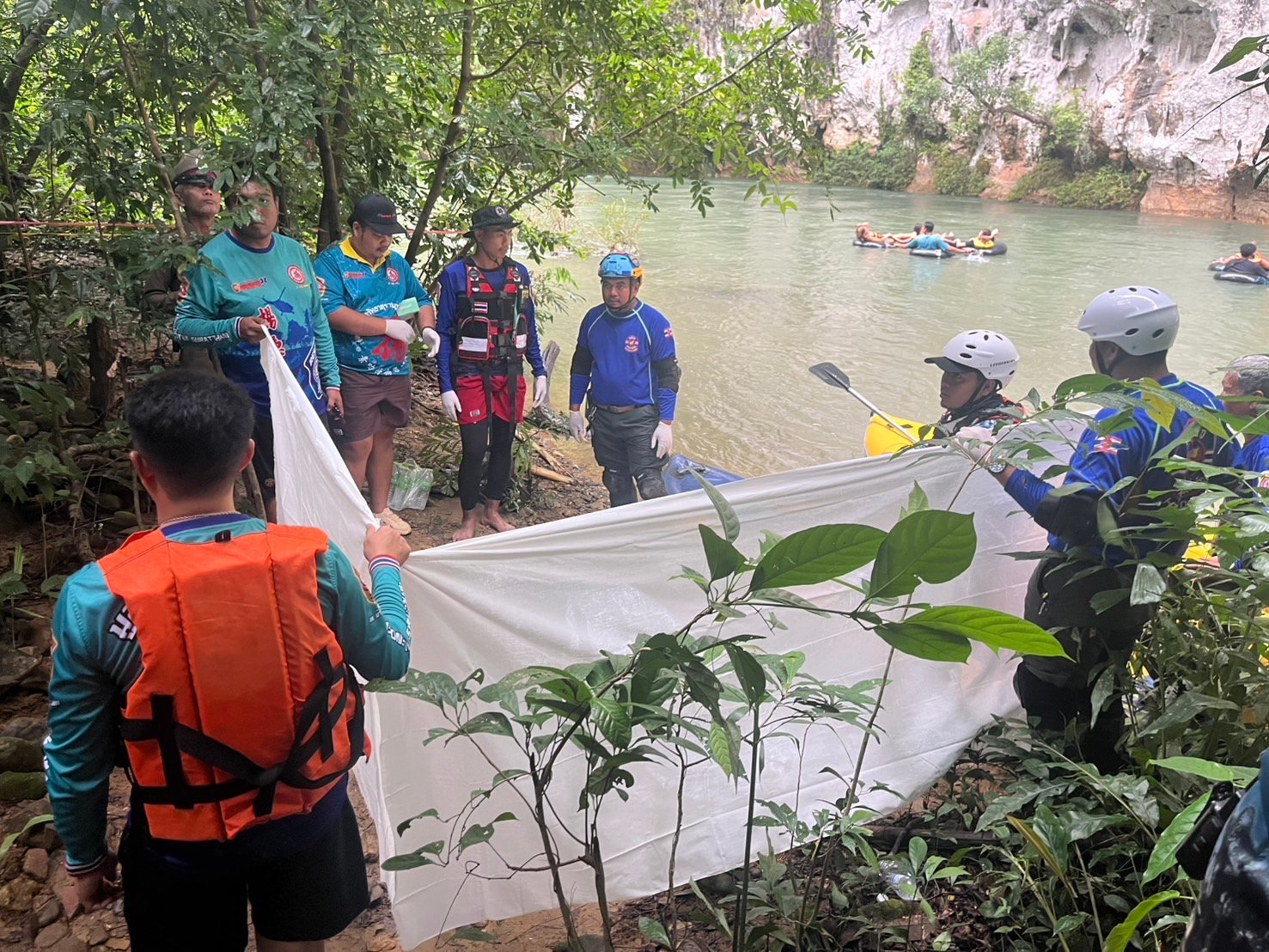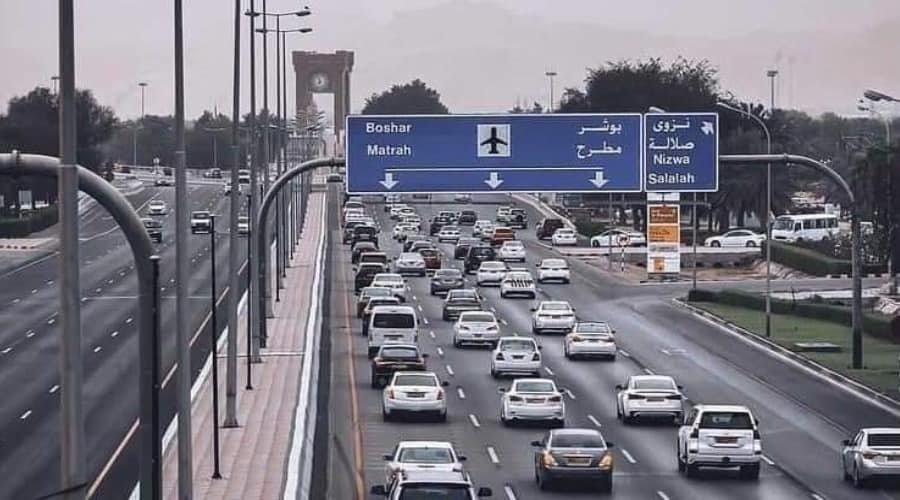THAILAND: A tragic accident occurred off the coast of Phuket, Thailand, when a cruise excursion ended in disaster, claiming the life of a young Bahraini tourist. According to local authorities, the vessel experienced sudden mechanical difficulties during a routine sightseeing trip, leading to a series of critical failures that ultimately caused the fatal incident. Emergency services rushed to the scene after receiving distress calls from passengers and crew members, but despite their efforts, the young man could not be saved. His death has sent shockwaves through both Bahraini and Thai communities, prompting immediate calls for a thorough investigation into the safety standards of such tours.
Preliminary reports from maritime safety officials suggest that overcrowding and insufficient emergency preparedness might have contributed to the severity of the accident. Witnesses described chaotic scenes as passengers scrambled for life jackets and attempted to evacuate the vessel amid rising panic. Thai rescue teams, supported by nearby fishing boats, managed to bring most passengers to safety, but the delay in reaching some individuals proved fatal. This incident has reignited debates about the regulation of tourist cruises in Phuket, an area known for its booming marine tourism industry but also for recurring safety violations that have previously drawn criticism from international observers.
The Bahraini embassy in Thailand has confirmed the victim’s identity and is coordinating with local authorities to ensure the swift repatriation of his body. Officials are also providing support to his grieving family, who were reportedly traveling with him at the time of the accident. Bahrain’s Ministry of Foreign Affairs issued a statement expressing deep condolences and urging Bahraini nationals abroad to adhere strictly to safety advisories when participating in high-risk activities. This response reflects a growing awareness of the need for tighter collaboration between sending and host countries in protecting citizens engaged in international travel.
In the wake of the tragedy, Thai authorities have pledged to review and strengthen safety regulations for maritime tourism operators in Phuket. This includes stricter licensing requirements, enhanced emergency training for crews, and more rigorous inspections of vessels before they depart. Tourism analysts predict that the incident could temporarily dampen the influx of Middle Eastern visitors to Thailand, especially as concerned families reconsider cruise excursions. However, advocates for the industry argue that stronger safeguards and transparent accountability could ultimately restore confidence, transforming this tragedy into a catalyst for long-overdue reform in Phuket’s maritime tourism sector.



